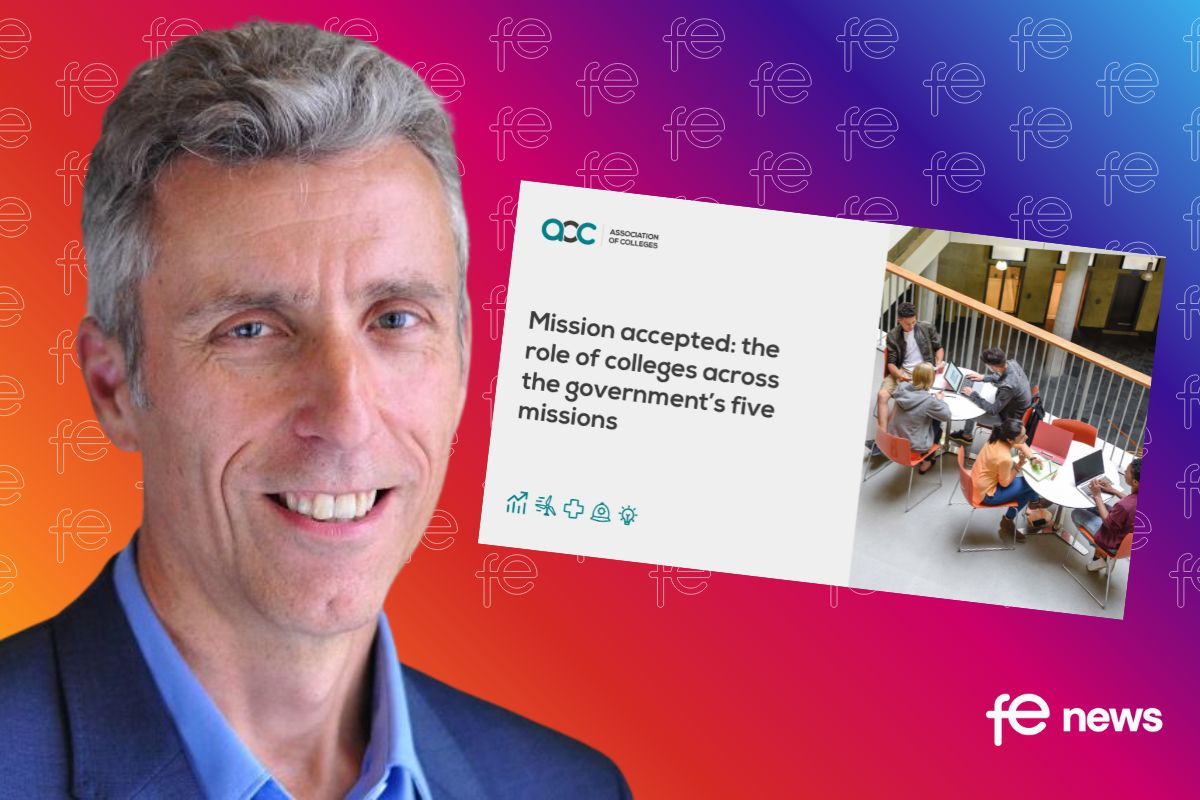The future of education is getting personal: How to engage with Generation Z

Rethinking the use of digital technology and succeeding in delivering remote learning are now existential challenges for almost every education institution. In the face of the Covid-19 pandemic, the education sector is grappling with new delivery modes, effectively gauging students’ skills advancement, developing a digital-led curriculum, and a myriad of other challenges, to ensure access to a self-learning environment that reliably prepares students for what comes next. Cambridge University already announced that it moved all courses online until 2021. This presents a familiar, but now even more relevant, challenge – keeping students engaged.
The key is innovation. The primary driving force behind the need for an ‘education revolution’ has been changing the way that Generation Z consume content and use technology today, and the current climate is catalysing this revolution much quicker than expected.
As industries are transitioning away from brick-and-mortar establishments – a move which will be accelerated by the pandemic – campuses will not disappear any time soon. However, Generation Z behaviours will drive change in most other aspects of higher education to ensure they are getting the most out of their learning experience. To explore this further, Cognizant worked with the Centre for Generational Kinetics to outline some of the key trends that colleges and universities must be aware of in order to transform the learning experience.
Communicate value through user-generated content
Research found that when making purchasing decisions, nearly a quarter (24 per cent) of Generation Z take recommendations from social media influencers. This same principle can be applied to the education sector. If not already embracing co-creation, universities should consider how they can incorporate trusted, user-generated content into their existing marketing strategies. Real-life videos and images should be encouraged to provide prospective students with an inside look at what life at university looks like.
Deeper personalisation is a must
While the majority of people today prefer personalisation in many walks of life, Generation Z expect it. It is no different in education, from the application process through to final assessments. Data collected during the application stages can then help education institutions tailor the student experience accordingly, while Artificial Intelligence-driven learning platforms are expected to personalise education. In addition, augmented/virtual reality (AR/VR) systems are set to become mainstream, with an expected 220 per cent increase in the take-up of the technology by higher education institutions in the next five years.
However, Cognizant research also suggests that many higher education institutions (84 per cent) expressed concern about meeting the challenge of preparing the future workforce, particularly when it comes to the requirement to deliver learning with greater flexibility, speed, and agility.
To combat this, different approaches to learning can be used to personalise the education experience. Blended learning – the concept of bringing the best of a classroom education together with online learning, enabled by technology – is one example. While retaining the traditional student-teacher format, blended learning breaks the ‘one size fits all model’ by taking education beyond the physical classroom and allowing students to learn anytime, anywhere. For example, it enables ‘flipped classrooms’, a tactic requiring students to learn content as homework before reinforcing this knowledge in the classroom.
Another example is massive open online courses (MOOCs), which involve bringing core classroom teaching methods, tools, and activities online. MOOCs enable flexible learning by allowing students to complete coursework in their own time around other commitments. In addition to blended learning and MOOCs, other new methods of education delivery are likely to emerge over the coming years, with Netflix-style, on-demand digital assets allowing for flexible self-learning.
Delivering real world relevancy
As well as addressing personalisation, the pressure is on for education institutions to make their courses more applicable to the real world. In the UK, university enrollments are declining as just under two-thirds (65 per cent) of students now think it is important to go to university. Additionally, thanks to the implementation of the Gatsby Career Benchmarks, Generation Z students that are going to university expect more support and emphasis on converting their learnings. Universities need to demonstrate their courses are linked to the wider world in such ways as linking fees to employability.
With the education sector facing disruption and change from various angles, it is crucial that institutions understand student expectations and take steps to transform the learning experience accordingly. They must change the way they operate to plug the gaps that the current crisis has identified, such as the need to ensure technology is at the forefront of the learning experience. Educators must ensure they are interacting with Generation Z learners as active participants so they continue to maintain an interest in learning, even without the physical presence of a teacher or a classroom, and new technologies can be used to achieve this.
Rajeev Kalachaveedu, Head of Education Business for UK&I at Cognizant











Responses